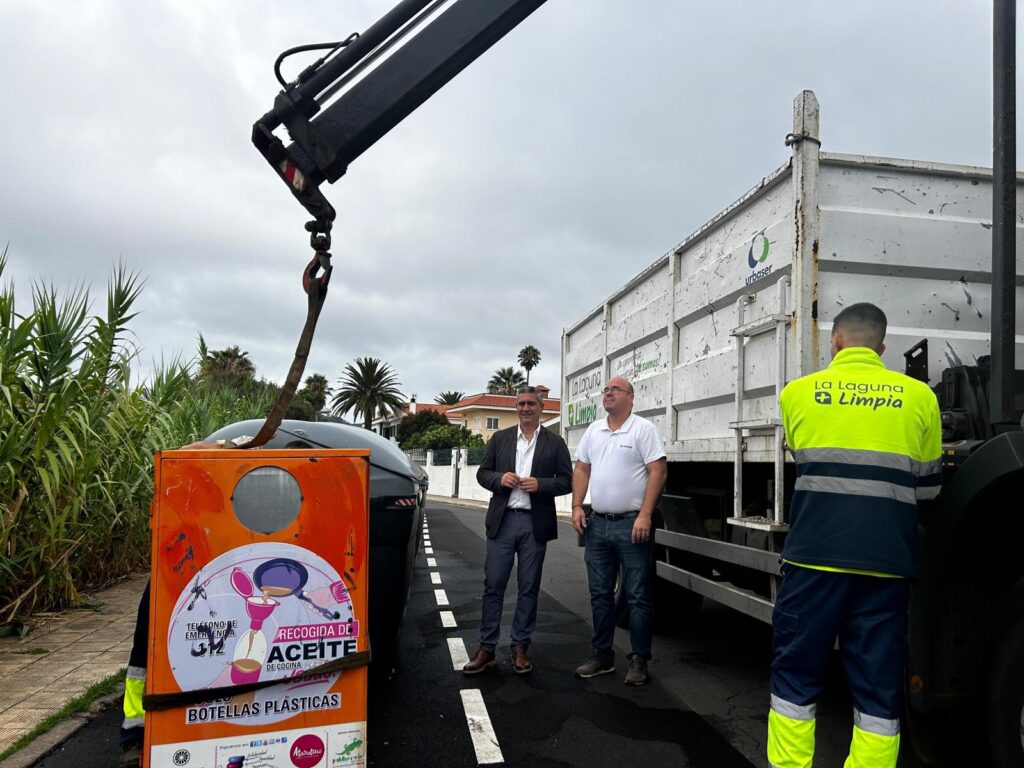
SANTA CRUZ DE TENERIFE, Feb. 4 (EUROPE PRESS) –
The Plenary of the Royal Spanish Academy (RAE) has approved, in its session yesterday, the proclamation of a candidacy to occupy chair ‘d’, vacant since the death of Francisco Rodríguez Adrados on July 24, 2020.
The applicant is Dolores Corbella, professor of Romance Philology at the University of La Laguna, who is currently a corresponding academic of the entity and has already been proposed to occupy a chair as academic number on two previous occasions.
The call for this number academic position was published in the Official State Gazette on January 3, 2022. The reading of the praise and merits of the candidate will take place in the plenary session on February 10 and the vote will take place next February 17.
As stated in article x of the RAE statutes, which establishes the rules for the entry of new members into the corporation, his candidacy is endorsed by three academics. Dolores Corbella has the support of Emilio Lledó, José Antonio Pascual and Carme Riera.
The same norm establishes that “the Academy will choose its individuals among the people it considers most worthy, in a secret ballot and, at least, by an absolute majority of votes.” The elected academician “will take office by reading a speech in a public meeting within the non-extendable period of two years from her election.”
CORBELLA PAINS
Dolores Corbella Díaz (Santa Cruz de Tenerife, 1959) is a professor of Romance Philology and head of the Lexicography and History research group (Lexhis). His area of specialization is lexicography, in which he has collaborated closely with Cristóbal Corrales investigating the variant of Canarian Spanish in various works: ‘Lexicographical Treasure of Canary Islands Spanish’ (1992; 1996), ‘Differential Dictionary’ (1996), ‘Exemplified Dictionary of Canarianisms’ (2009) and ‘Historic Dictionary of Spanish from the Canary Islands’ (2001; 2013). Her dictionaries have served as a model for other similar projects that have been carried out or are being carried out in various areas of European and American Spanish.
Since 2015 she has been a corresponding academic of the Royal Spanish Academy and has been a candidate on two occasions to also be a full academician. In 2021 she obtained the Canarian Award for Research and Innovation. Other notable awards are: RAE Philological Research Award (2011); Honorary member of the Institute of Canarian Studies (2013); o Research award from the University Institute for Women’s Studies (2016).
She was one of the founders of the Institute of Medieval and Renaissance Studies at the University of La Laguna, where she develops another line of research on the Atlantic expansion of Spanish. She is also developing a project in the field of Digital Humanities, the Documentary Corpus of Spanish from the Canary Islands, for the digitization of historical documentation.
















